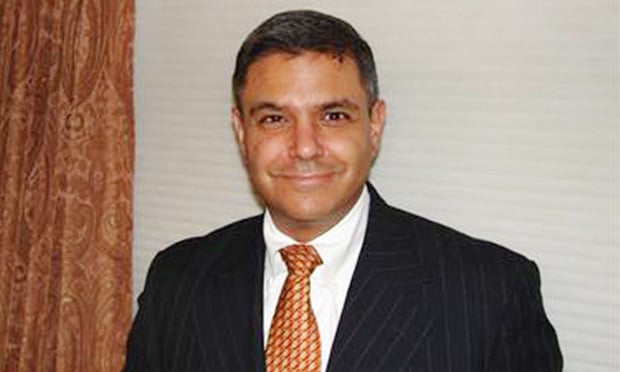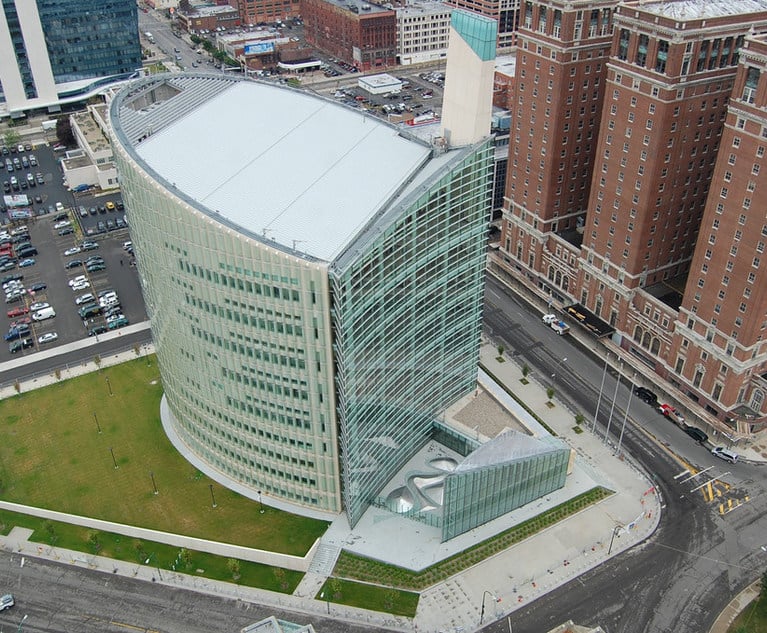The Puerto Rico Oversight, Management, and Economic Stability Act (PROMESA) is the federal legislation that was enacted to provide a special bankruptcy framework for Puerto Rico. 48 U.S.C. §§2101 et seq. Since May 2017 Puerto Rico has been undergoing the largest municipal bankruptcy in the history of the United States (Heather Long, Puerto Rico Files for Biggest US Municipal Bankruptcy CNN Business (May 3, 2017)). An important component of PROMESA is the establishment of a Financial Oversight and Management Board (FOMB) with oversight powers over the financial affairs of the Puerto Rican government and sole authority over the Puerto Rico bankruptcy cases. 28 U.S.C. §§2121(b), 2121(d), and 2124(j)(1).
Prior to the commencement of its bankruptcy case Puerto Rico’s economy was in a 10-year recession (John W. Schoen, Here’s How an Obscure Tax Change Sank Puerto Rico’s Economy CNBC (Sept. 26, 2017)). In addition, during the last eight years it is estimated that Puerto Rico’s population has declined by 14.3 percent. By the time Puerto Rico filed for bankruptcy it had the highest sales tax rate in the United States, 11.5 percent (Puerto Rico Governor Signs Law Raising Sales Tax to 11.5 Pct, Associated Press (May 29, 2015)). Significantly, 44.4 percent of the people in Puerto Rico live below the poverty level (Alemayehu Bishaw and Craig Benson, Poverty: 2016 and 2017, American Community Survey Briefs (September 2018)). 58 percent of children in Puerto Rico live below the poverty level (Bianca Faccio, Left behind: Poverty’s toll on the children of Puerto Rico, Child Trends, Blog (March 28, 2016)). Puerto Rico’s unemployment rate is 7.7 percent, which is twice the unemployment of the United States.


 Carlos J. Cuevas
Carlos J. Cuevas




